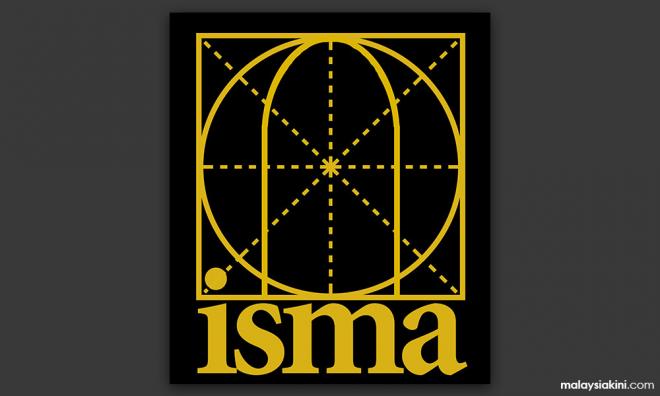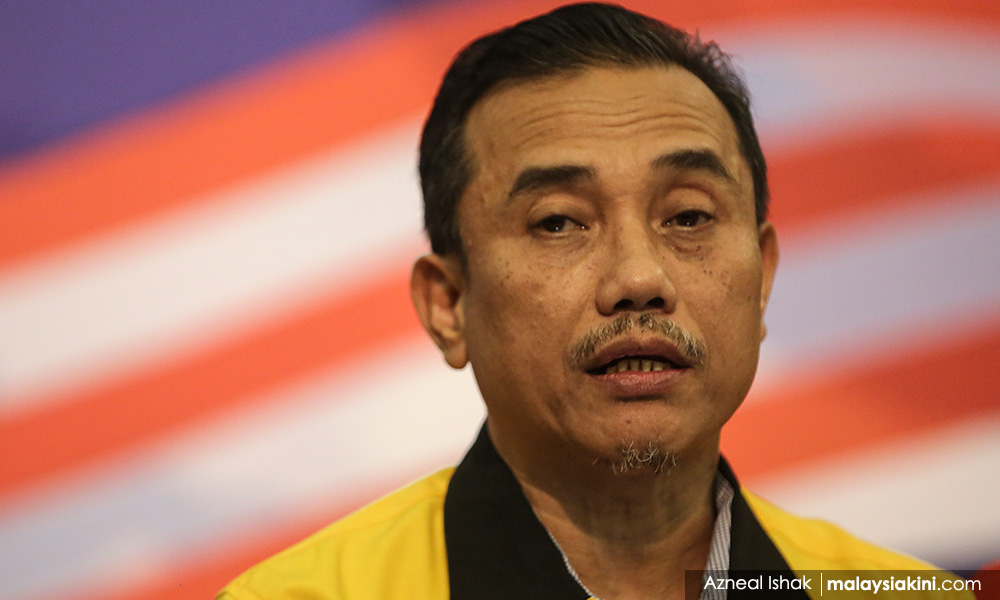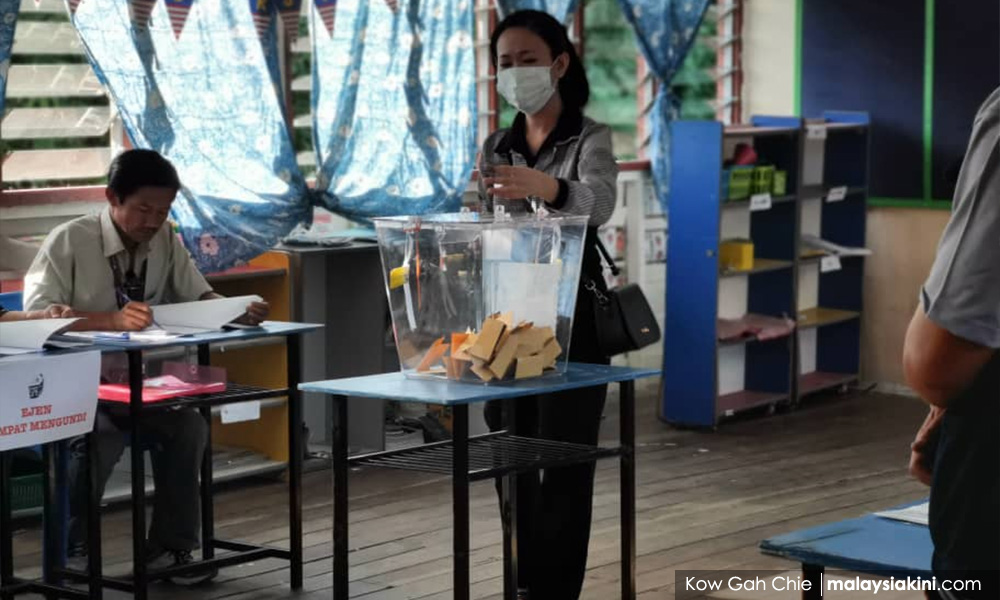
I was intrigued to read an article by Malaysian Muslim Solidarity (Isma) president Aminuddin Yahaya entitled “It is time for us to move towards a system of semi-democracy.”
I learned that he and I both feel that there is a disease infecting our system of democracy in Malaysia today.
While it was not at all surprising that we almost completely disagree about how this disease should be treated, I was surprised that we agree somewhat regarding the nature of this disease.
I also came across another article written by a bright young man from Islamic NGO Ikram, Muhammad Saufy Rohmad, in which he argues that we need a completely new brand of politics.
I myself have been arguing a similar line for many months now, and it is encouraging to see more and more people start to express variations on a key theme - Malaysia needs deep and systemic overhauls.
The way we’ve done things is clearly keeping us mired in a swamp where we are all stuck replaying 30-year-old political battles, and a culture of every man for himself.
Through all the selfish greed, sound, and fury, the nation is stuck in the mud, going nowhere fast.
What is fascinating and motivating for me is that an increasing number of Malaysians are starting to recognise that it is our "democratic" system and culture that is at the root of the vast majority of our troubles.
More and more realise that it is not about choosing this politician or that politician, but the very system and structures of politics that is trapping us in the same cycle, almost regardless of who is in power.
It is easy to point out where Aminuddin and I disagree. He basically alluded to greater power for constitutional monarchs, and a return to the National Operations Council during the Emergency that followed the May 13 riots in 1969.
In this sense, Aminuddin (below) appears to basically be arguing for less democracy, and more authoritarianism.

This should not come as any big shock. Isma has always been quite right-wing, and all around the world, we have seen governments fall to rabid right-wingers - US President Donald Trump, of course, being the most prominent example.
As a brief aside, it is interesting to note how poorly these right-wing governments have dealt with the Covid-19 crises, as opposed to other governments.
Obviously, I don’t feel our problems will be solved with more authoritarianism and "less" democracy. It’s probably not inaccurate to say that I believe in more democracy, but for the purposes of finding common ground, I think the most accurate articulation in this context is that I believe in different democracy.
There are a few quotes in Aminuddin’s article that I found particularly interesting.
He opens by stating his conviction that people are sick and tired of politics and the games of politicians. Presenting his second sentence in English would result in losing something in translation: “Tidak habis-habis siang dan malam kita dihidang dengan pelbagai berita jatuh-menjatuh, lompat-melompat, rasuah-merasuah dan sebagainya.”
Isma has been seen as being very close to Umno, but even Aminuddin talks about politicians’ obsession with wealth and positions to the point of forgetting about the fate of the everyday rakyat.
After talking (accurately, in my view) about how politicians only fight amongst themselves while everything in Malaysia goes to hell around them, Aminuddin offers a few other quotes I found interesting.
“For me, today’s political ecosystem has truly destroyed the country. This version of democracy that we copied from the West is no longer relevant here in the East … America itself, the ‘father of democracy’ is now being torn apart.”
The way that Aminuddin and I feel about the West probably differs in a few key regards.
That said, I don’t think he is wrong to argue that copying Western versions of democracy wholesale is far from the best option we have.
The example I have used repeatedly is: a smartphone from 10, or even five years ago, would struggle to run apps that we use every day today. In comparison, most systems of democracy are recognisable from as far back as a hundred years ago.
The systems designed then were arguably responsive to the social and political needs of their time.
Over the decades, however, most of these have completely failed to keep pace with society’s evolution and progress.
Indeed, many systems were frozen in time because politicians that came to power did so after they figured out how to game that system. Once they were in power, they had no incentive whatsoever to change the system - after all, why change a system that you have mastered and made to work for you?
This is why democratic structures are inert, while everything else in the world has moved forward.
Where Aminuddin’s response to this is to move towards suspending democracy altogether in favour of authoritarianism, I believe that we should move back to the heart and soul of democracy, not its external trappings.
One of the biggest myths about democracy is its conflation with elections. In the minds of many, democracy only exists where elections exist.

I agree that elections have a key role to play in democracies, but I also believe that thinking of elections as the heart and soul of democracy is a very dangerous inaccuracy.
In my humble view, the real heart and soul of democracy is a process of decision making that most accurately reflects the aspirations of those affected by those decisions.
There is obviously no one perfect system, or a way to ensure that every single aspiration of every citizen is fulfilled. But I would bet my bottom dollar that there is a spectrum, ranging from totally unreflective of our aspirations to relatively reflective of our aspirations.
I would go further to say that we’re pretty low on that spectrum now, and that we have all the potential to go much higher.
I believe the heart and soul of democracy should be about finding ways to work together to build on common ground - to incentivise finding ways of working through our differences, and identifying solutions that can satisfy the greatest number of people.
Elections as they are today, seem to do the exact opposite. They incentivise demonising your opponents, and doing everything you can to make them appear like vicious deviants who will destroy everything you hold dear if you vote for them.
In some ways, the zero-sum game of electoral politics means that at any given time, up to half the nation’s best and brightest leaders will be incentivised to constantly attack and belittle the other half, no matter what they do (though of course, no one would mistake our current crop of elected representatives as a whole as being our best and brightest).
If this is the first key problem, then the second key problem is how many of those currently most incentivised and motivated to run for public office do so as a means to obtaining great wealth - and mostly through dubious means.
If we were able to divorce, to significant extents, being in government and being in a position to make influential financial decisions (which opens the doors to corruption and kickbacks) and/or as a means to a comfy position in a government-linked company, we would see a very different crop of leaders emerge.
There is no more space to go into this in great detail for this article. Suffice it to say that these are the solutions that I would prefer - a different democracy, as opposed to Aminuddin’s "semi-democracy".
With that said, again, I think we as a nation should recognise and capitalise on the fact that we are fast reaching consensus - even among people who are usually divided - that the system has gone rotten and in need of a comprehensive overhaul.
NATHANIEL TAN works with Projek Wawasan Rakyat (POWR). He dreams of Malaysia 2.0 and can be reached at nat@engage.my. - Mkini


No comments:
Post a Comment
Note: Only a member of this blog may post a comment.